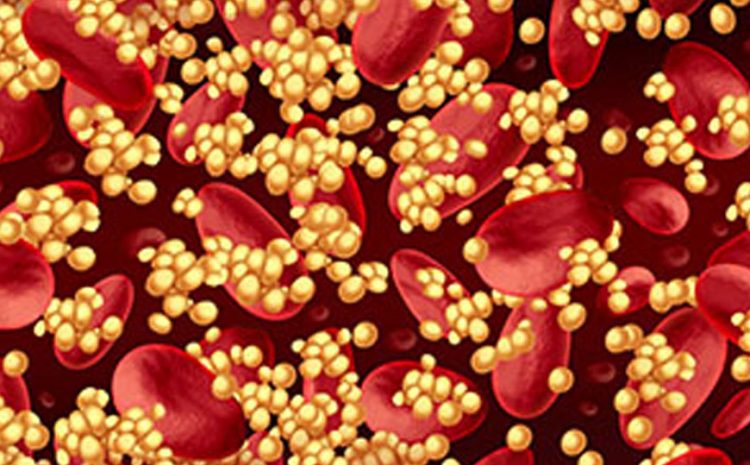
A Quick Guide to Cholesterol and its Types
What is Cholesterol?
Cholesterol is a fatty substance, which is founding in the body’s cells. It is necessary for making hormones, synthesizing vitamin D, and other important functions. The liver manufactures the cholesterol that it needs but there are dietary sources that also rich in it. These include meat, full-fat dairy, coconut oil, palm oil, eggs, and palm kernels. While these dietary foods contain cholesterol, they are also rich in saturated fatty acids and trans fats, which can trigger the liver to make more cholesterol than is necessary for the body. In such a situation, the excess cholesterol remains in the blood causing health problems, the common being high cholesterol levels.
Cholesterol is also linked with cardiovascular diseases including heart attacks, peripheral artery disease, and strokes. The risk for cardiovascular diseases increases when combined with factors such as high blood pressure, a family history of cardiovascular disease, type 2 diabetes, and smoking.
Types of Cholesterol and functions
Lipoproteins in the circulatory system carry cholesterol in the body. These are of two types: high-density lipoproteins (HDL) and low-density lipoproteins (LDL).
The high-density lipoproteins or HDL are called “good cholesterol” because these lipoproteins continue to travel throughout the body and scoop up the excess fat. This excess fat, in the form of LDL cholesterol, is then taken to the liver, where it is broken down and subsequently removed from the body.
On the contrary, when the HDL is low in the body, the low-density lipoproteins can build up on the walls of the arteries as plaque. This stage is called atherosclerosis, which over time can affect the flow of blood to the heart raising the risks of heart attacks, strokes, and peripheral artery diseases.
Triglycerides are another type of fat found in the blood. These are responsible for holding the ATP energy that you receive from foods and distribute it throughout the body. When the triglyceride level in the body is high, it increases the LDL cholesterol levels thereby accelerating the build-up of plaque.
Risk factors contributing to high cholesterol
Some people have a higher cholesterol number than others. While high cholesterol levels are likely in obese individuals, thin people can also have high cholesterol. Some risk factors increase the chances of developing a higher cholesterol value. These are:
Smoking: Smoking increases the risk of strokes and heart diseases. This, when combined with a high level of LDL cholesterol causes severe risk to health. Smoking is also linked with lowering the HDL cholesterol level in the body thereby removing its protective function. It has been found that quitting smoking shows an immediate effect on the heart’s health and a simultaneous increase in the HDL levels.
Diet: The diet you intake almost always has an impact on the body’s state of being. A diet rich in trans fats and saturated fats such as processed foods or animal meal can contribute to higher cholesterol levels in the body. On the other hand, plant-based foods such as seeds and nuts which contain unsaturated fatty acids are known to increase the levels of HDL cholesterol in the body. Whole, plant-based foods are generally recommended to build a reservoir of the good cholesterol.
Heredity: Heredity also plays a role in determining the cholesterol levels. If your immediate family member or a generation before your parents have high cholesterol levels, it is recommended that you should test your cholesterol levels as well.




